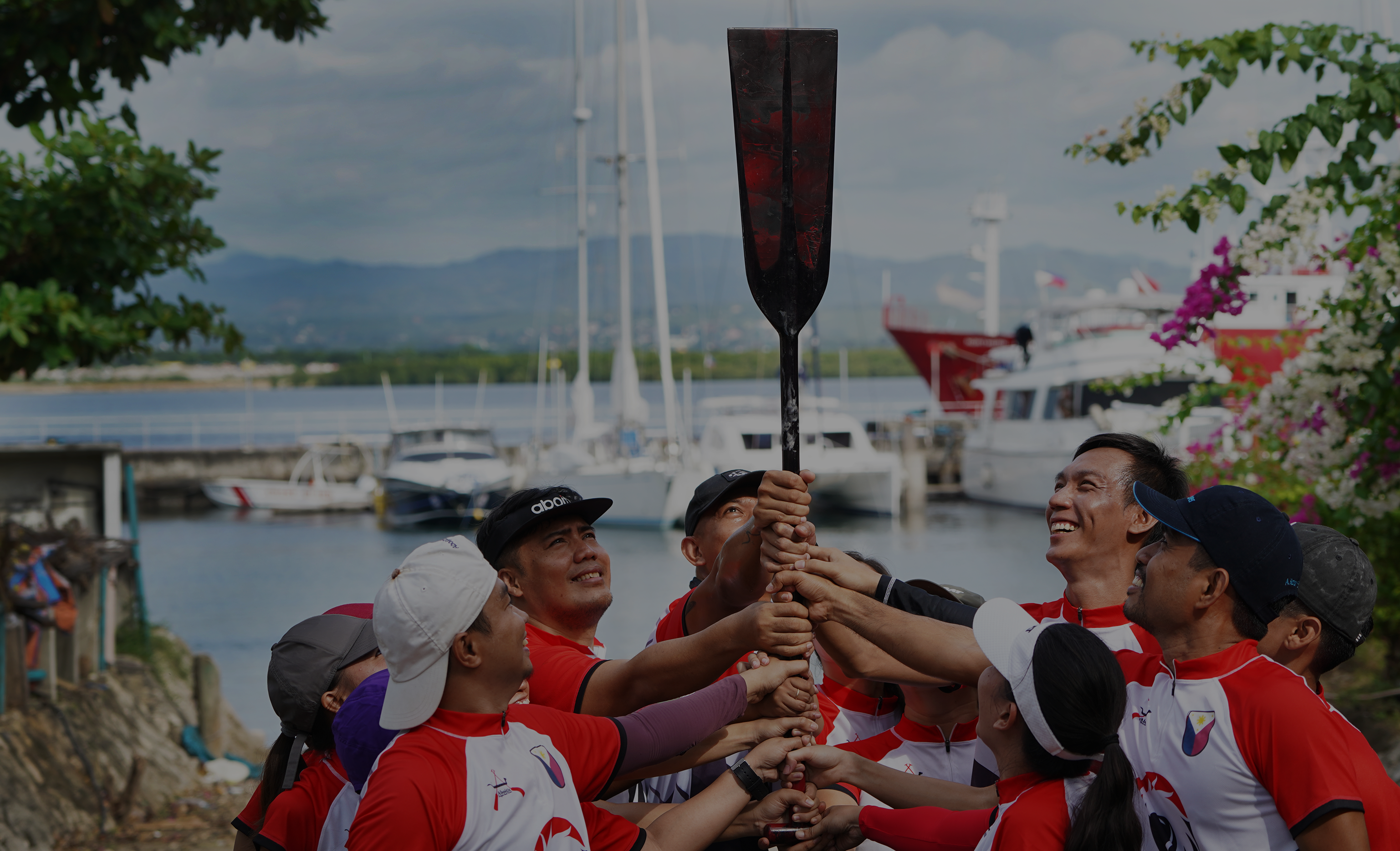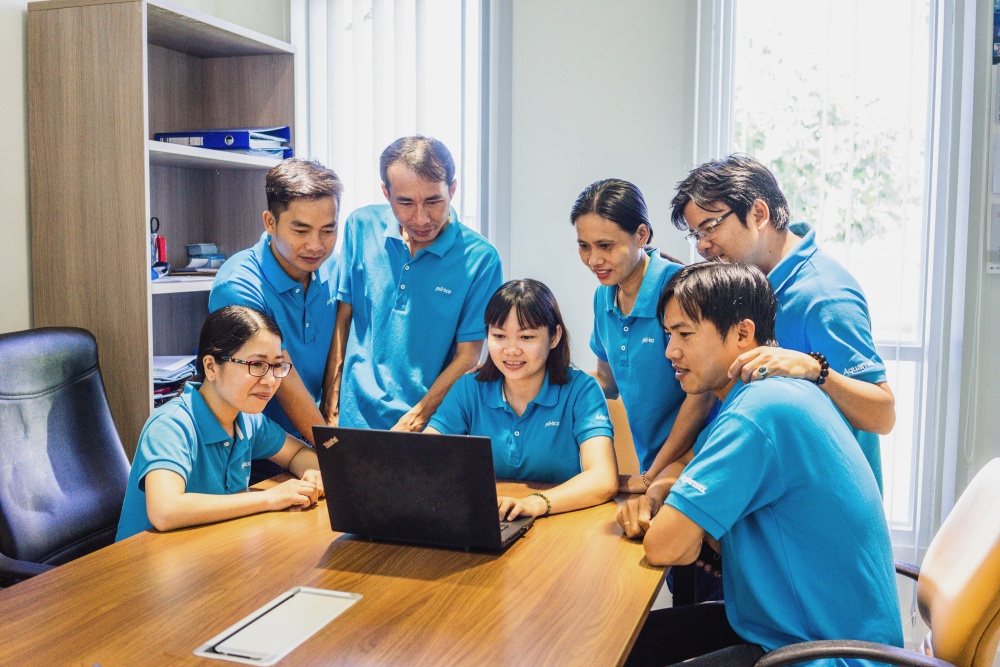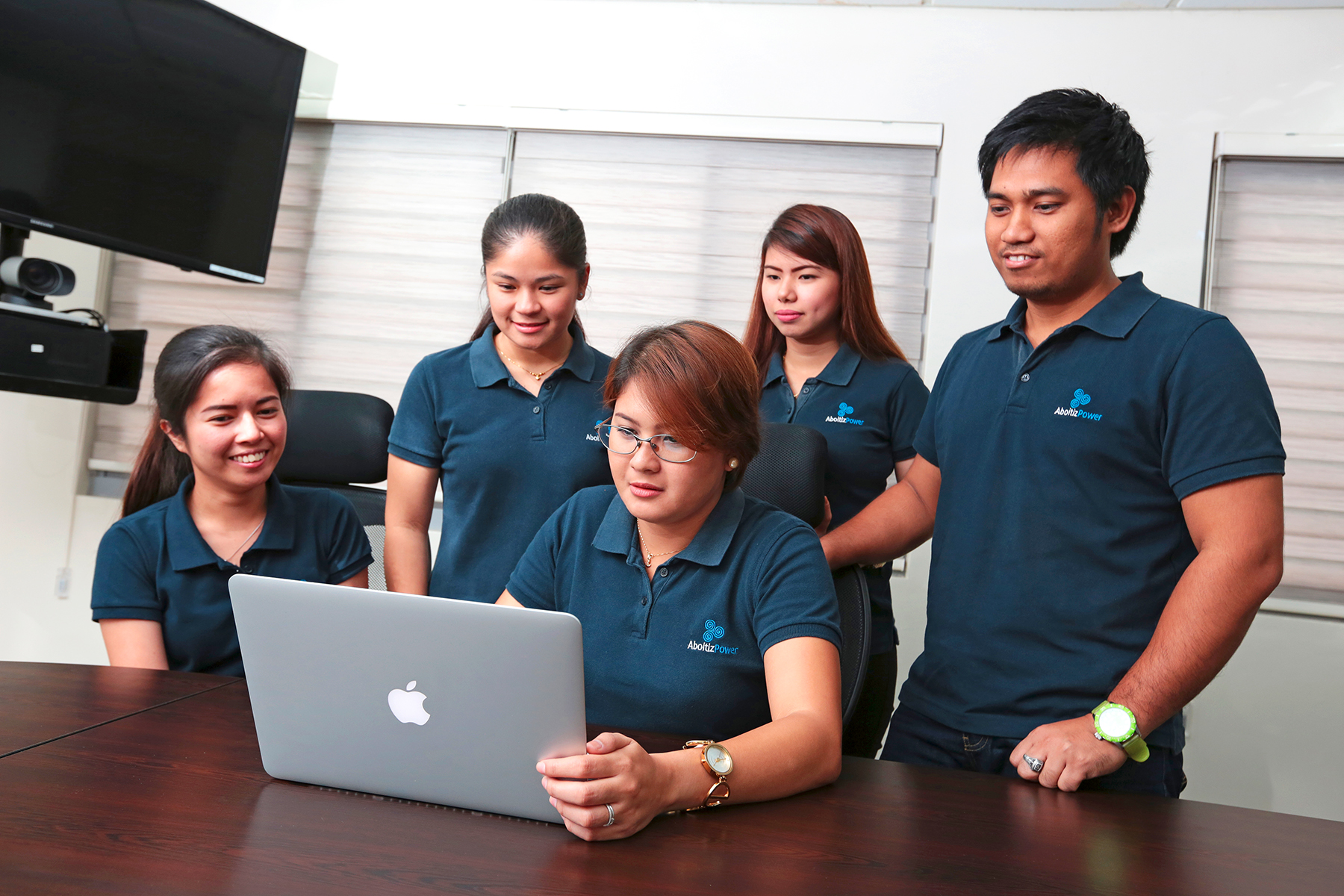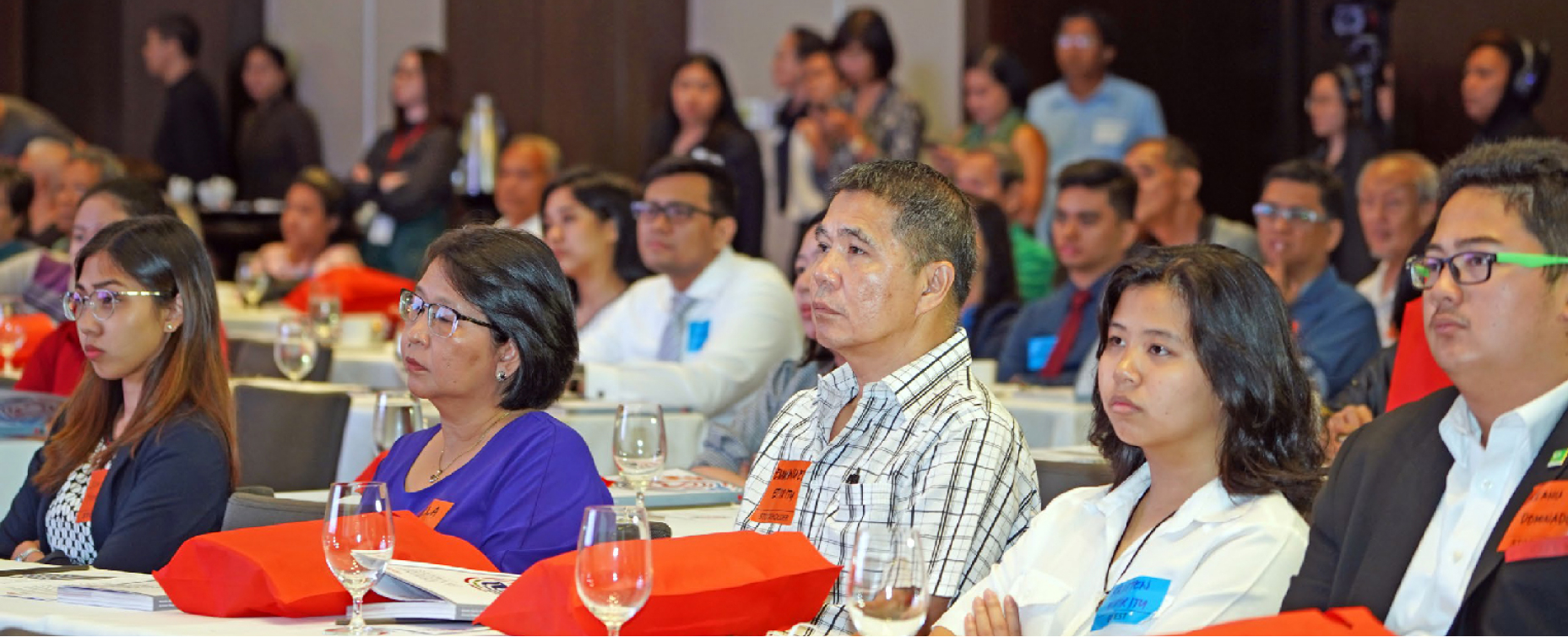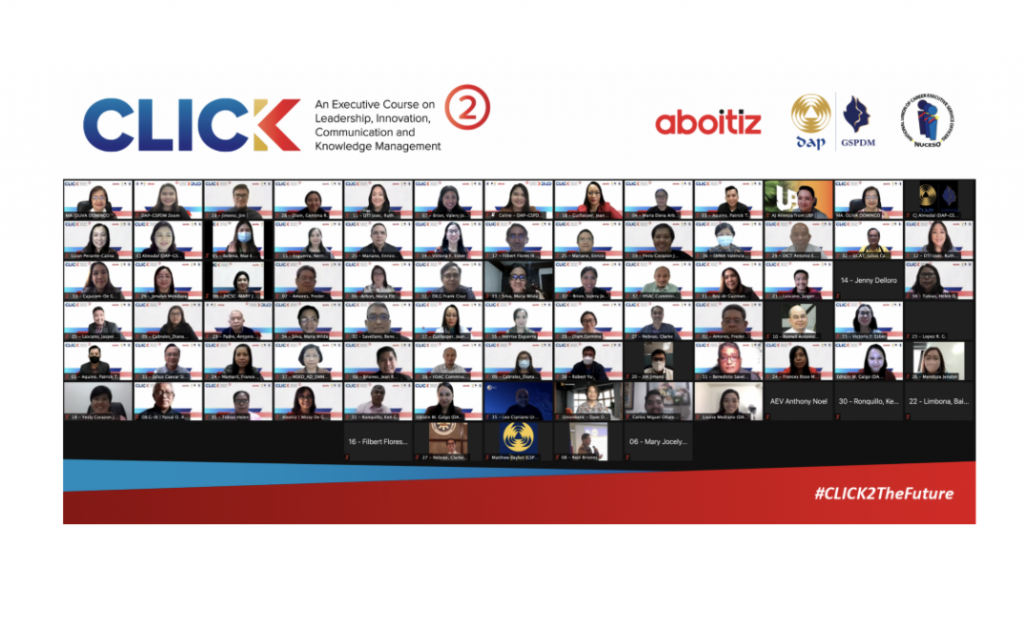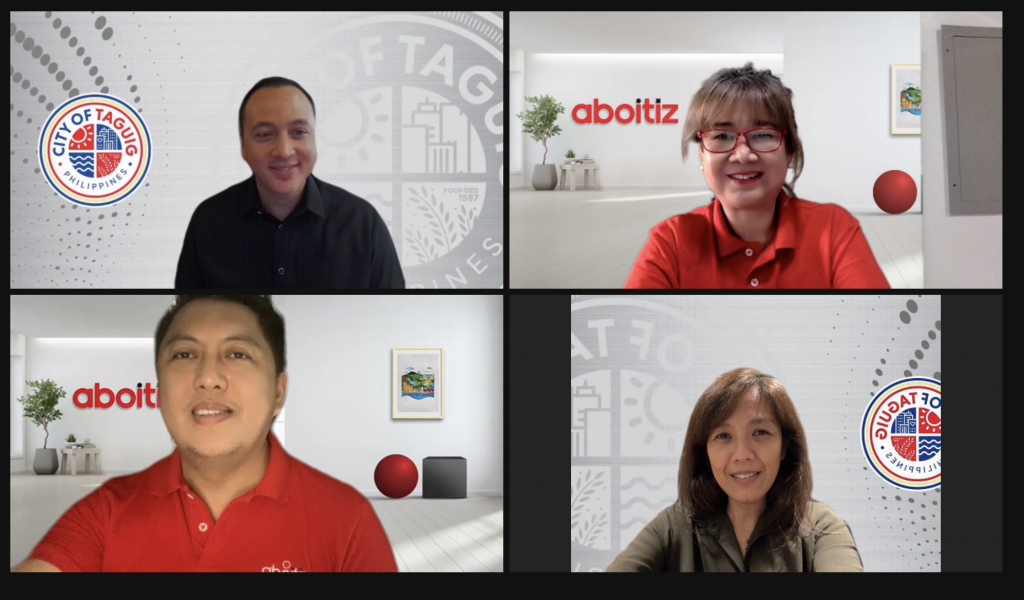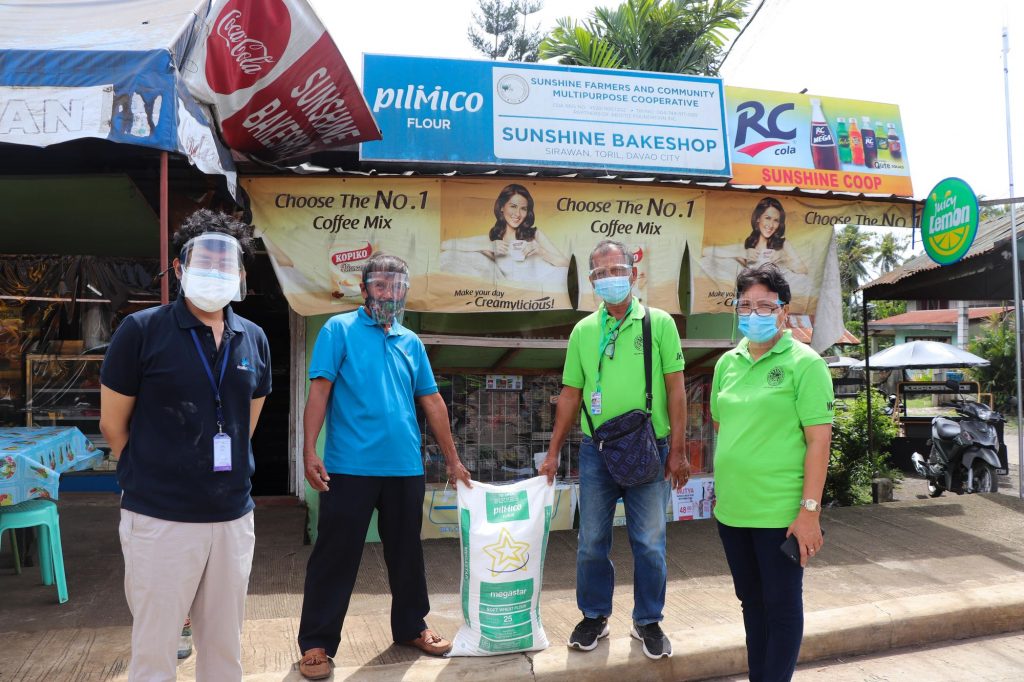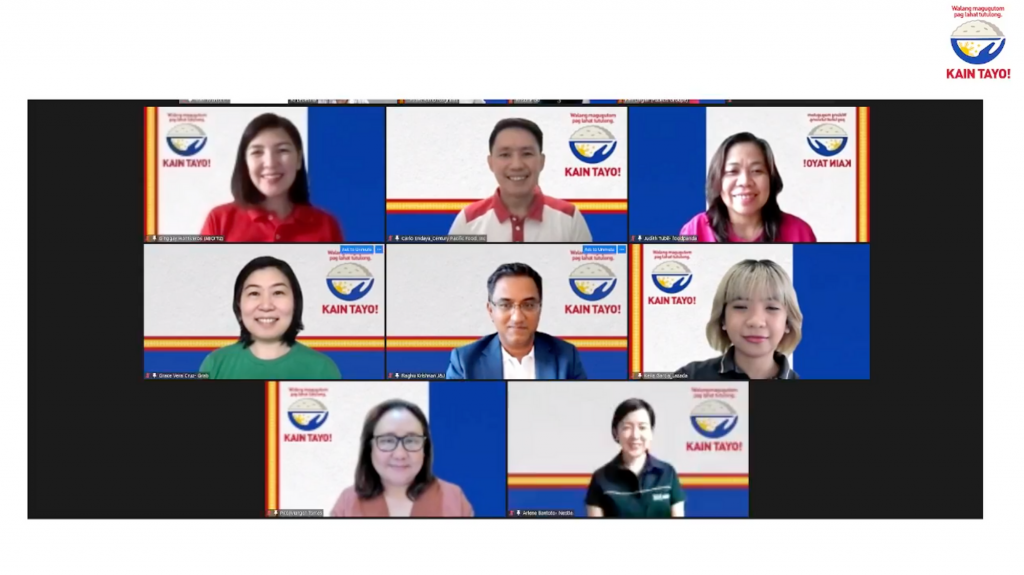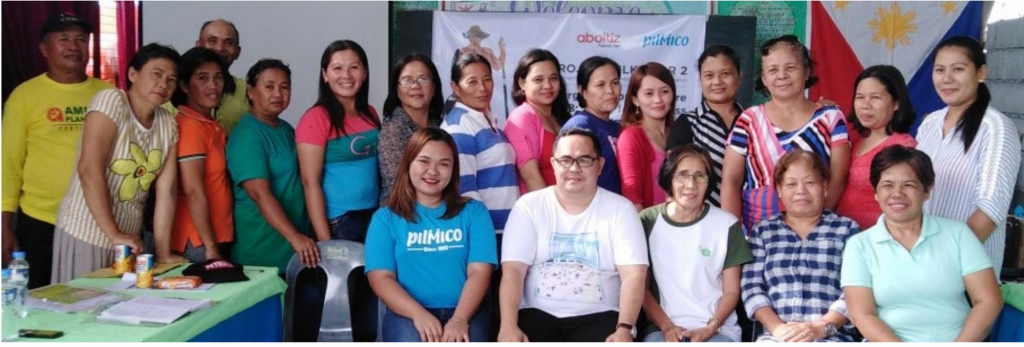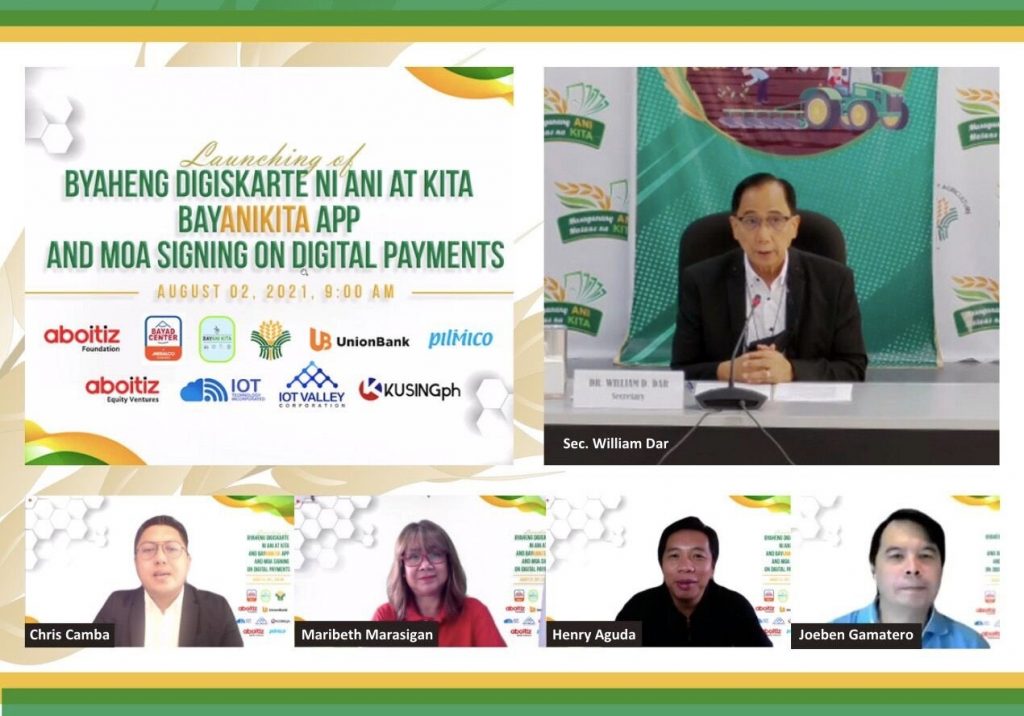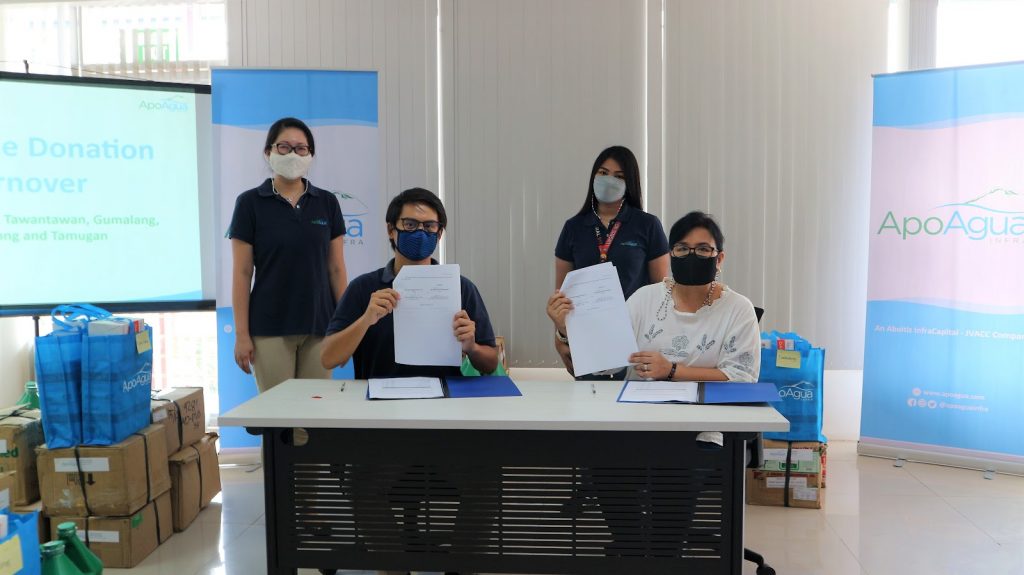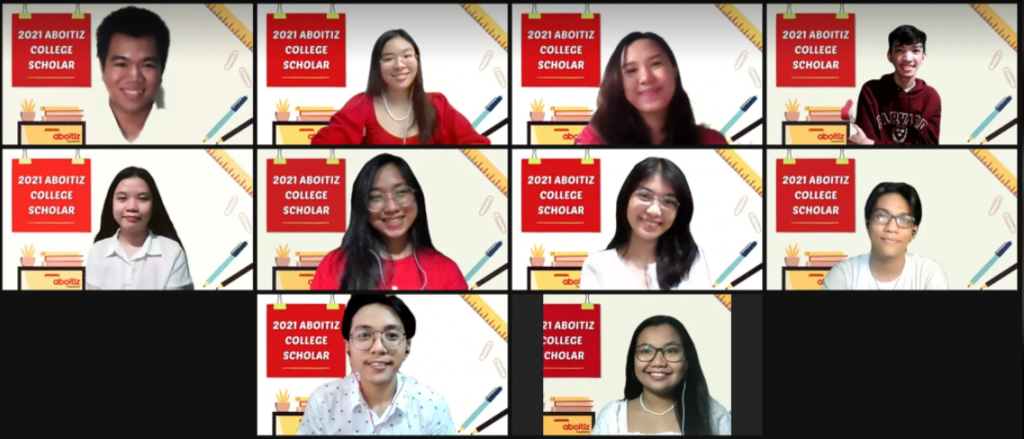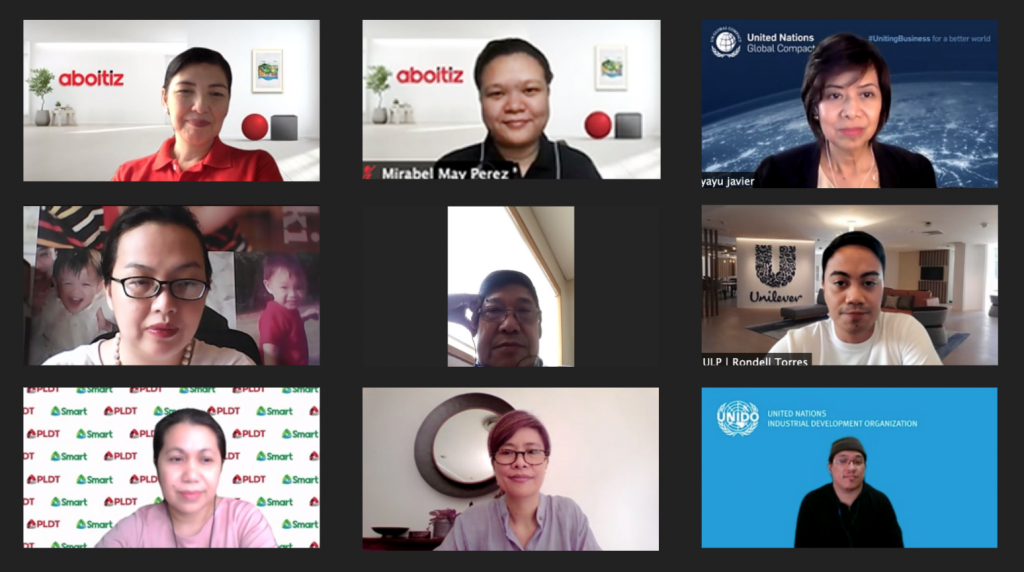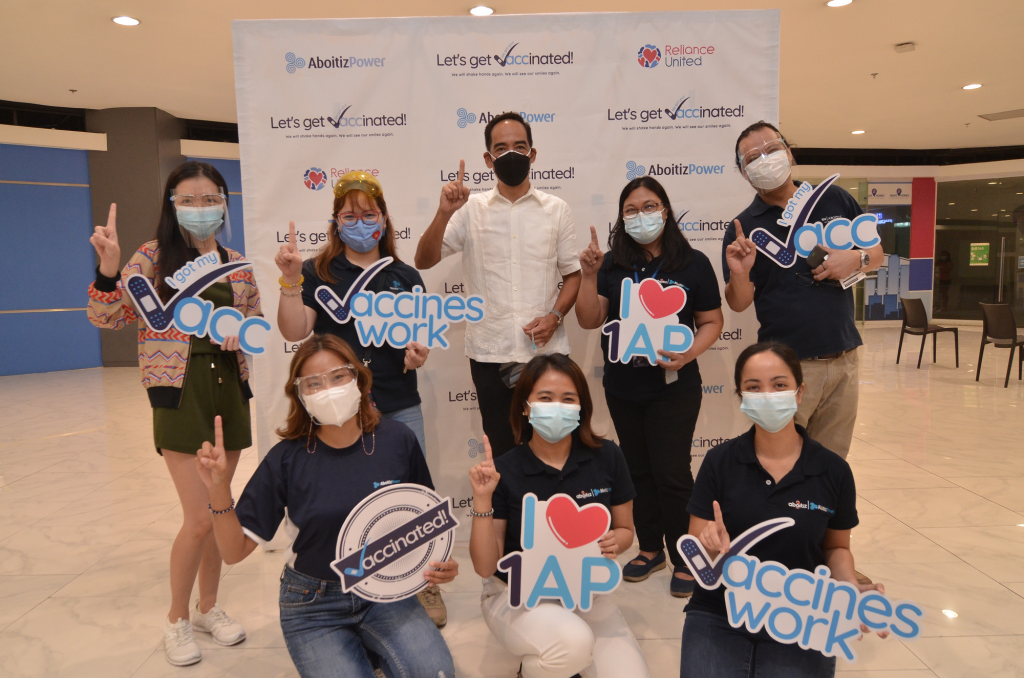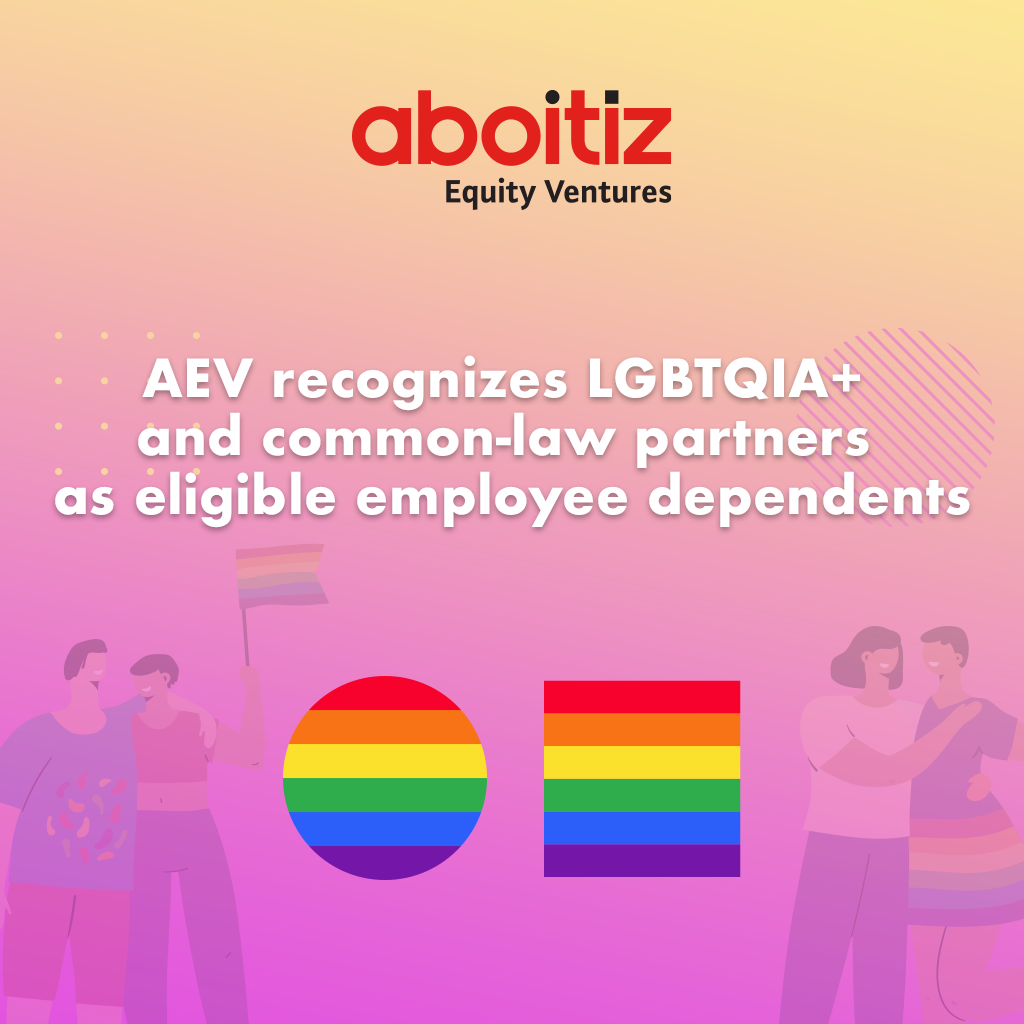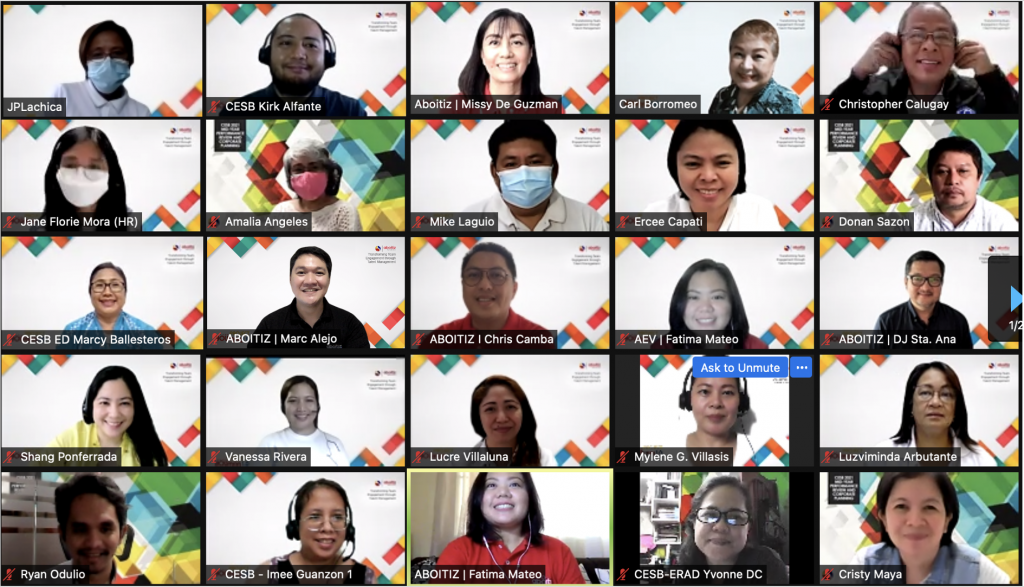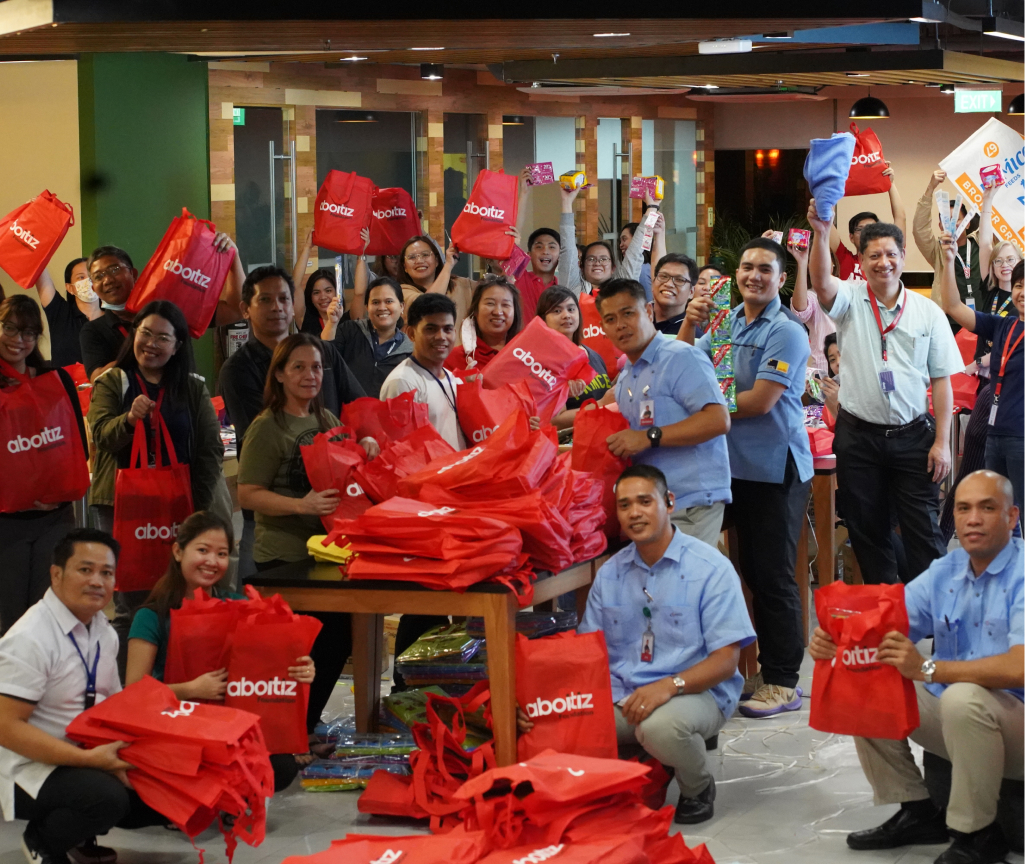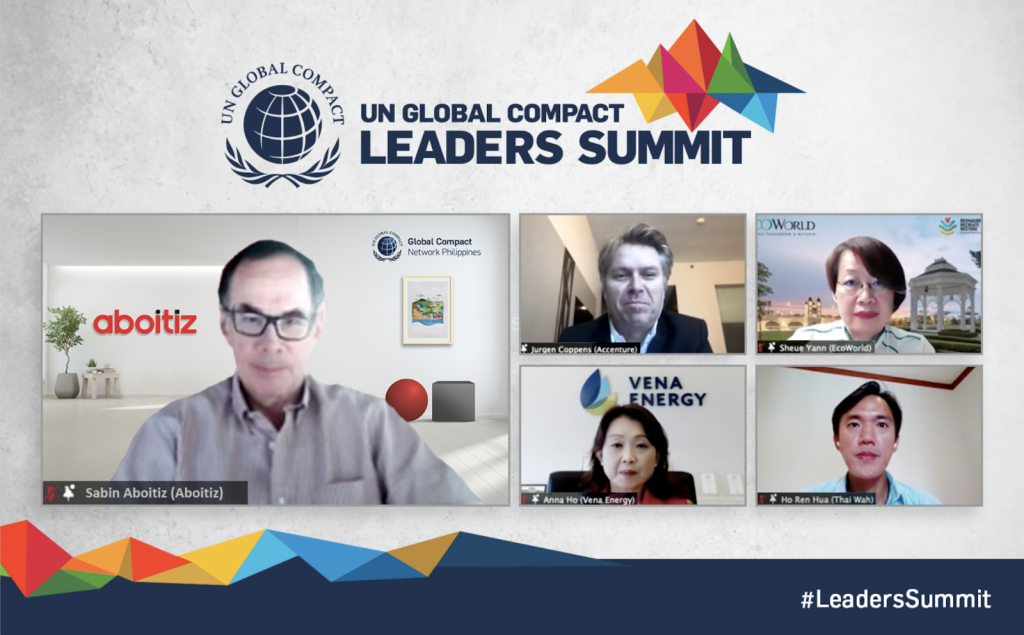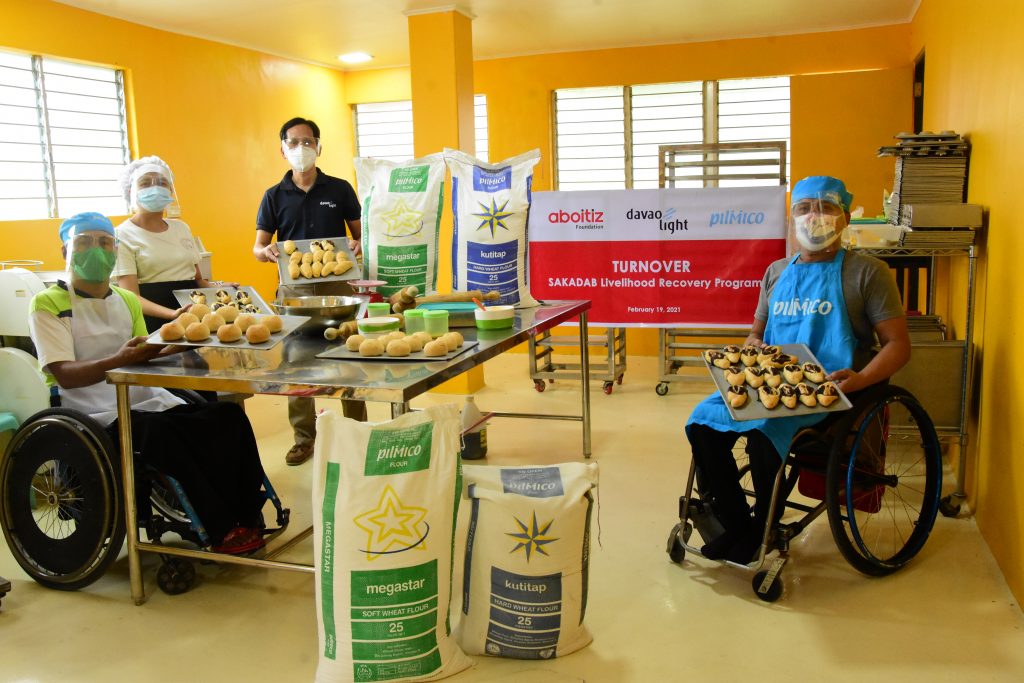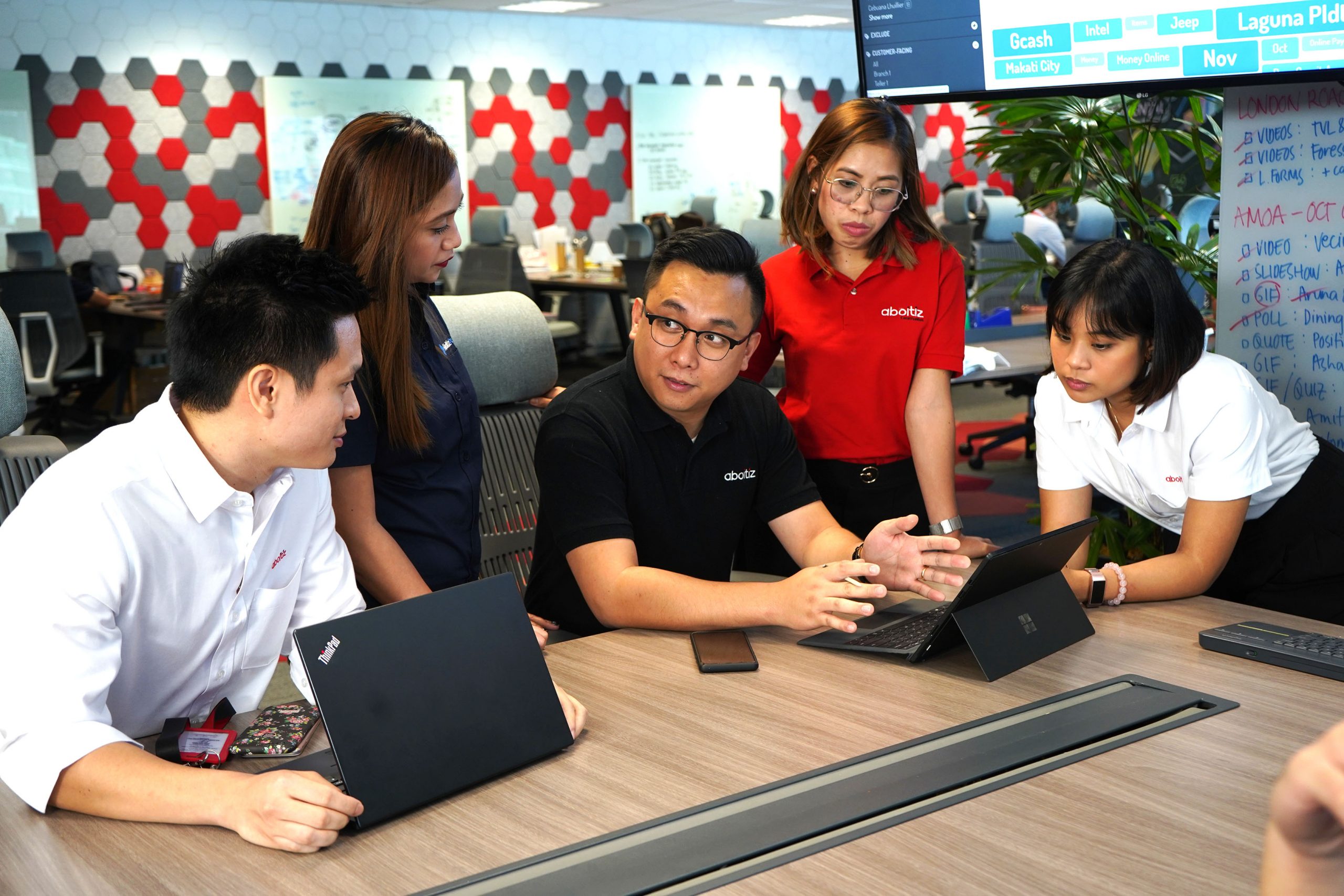
We are partners with our stakeholders in the creation of shared value through meaningful engagements. Our engagement with our customers, team members, and communities enable us to constantly improve our business practices in order to make more contributions to social development.
Notice: Trying to access array offset on value of type bool in /home/forge/staging.aboitiz-esg.make.technology/web/app/themes/aboitiz-esg/template-parts/sections/uneven_two_column_content.php on line 7
Notice: Trying to access array offset on value of type bool in /home/forge/staging.aboitiz-esg.make.technology/web/app/themes/aboitiz-esg/template-parts/sections/uneven_two_column_content.php on line 8


Consumer Areas

Expansion

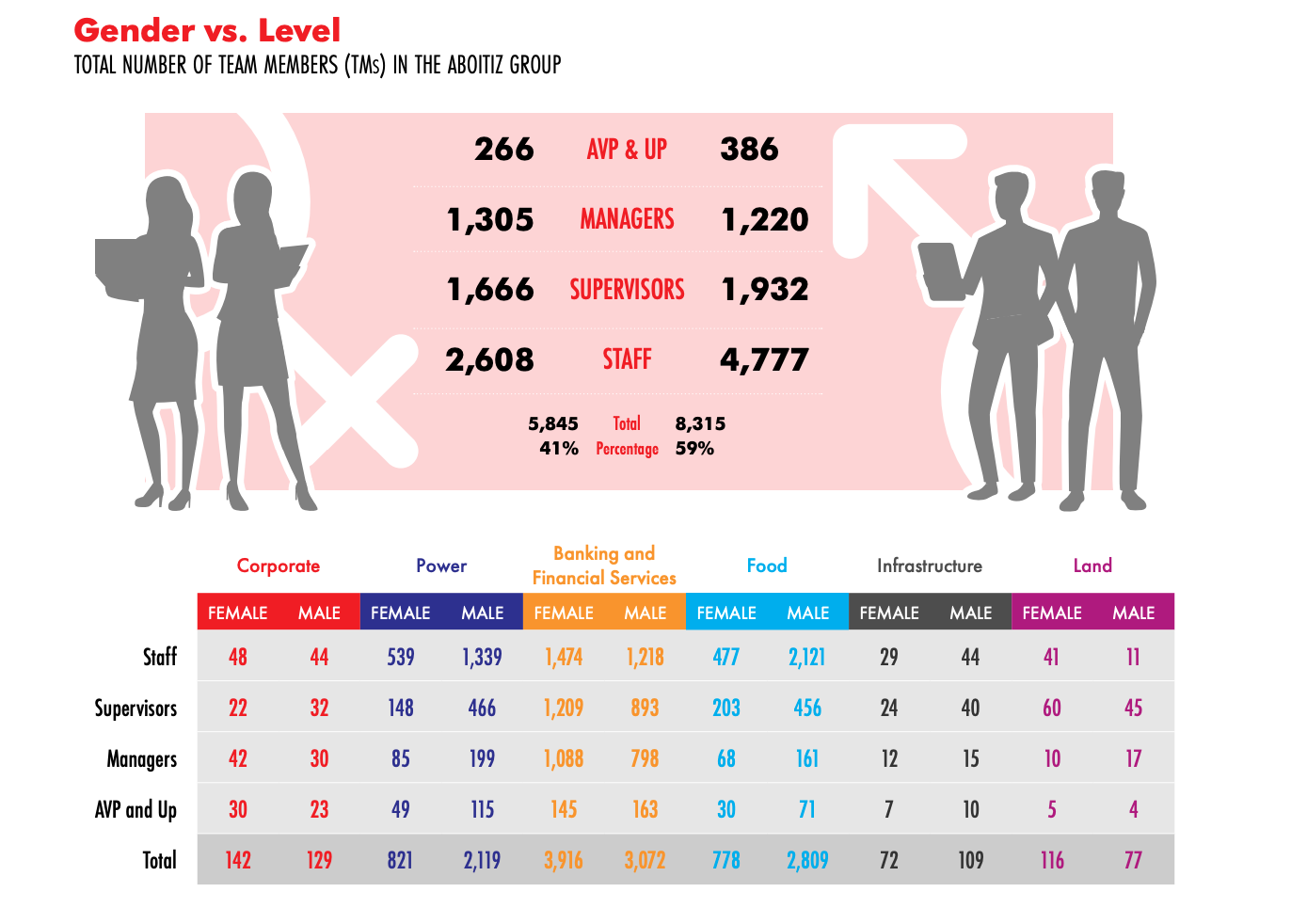
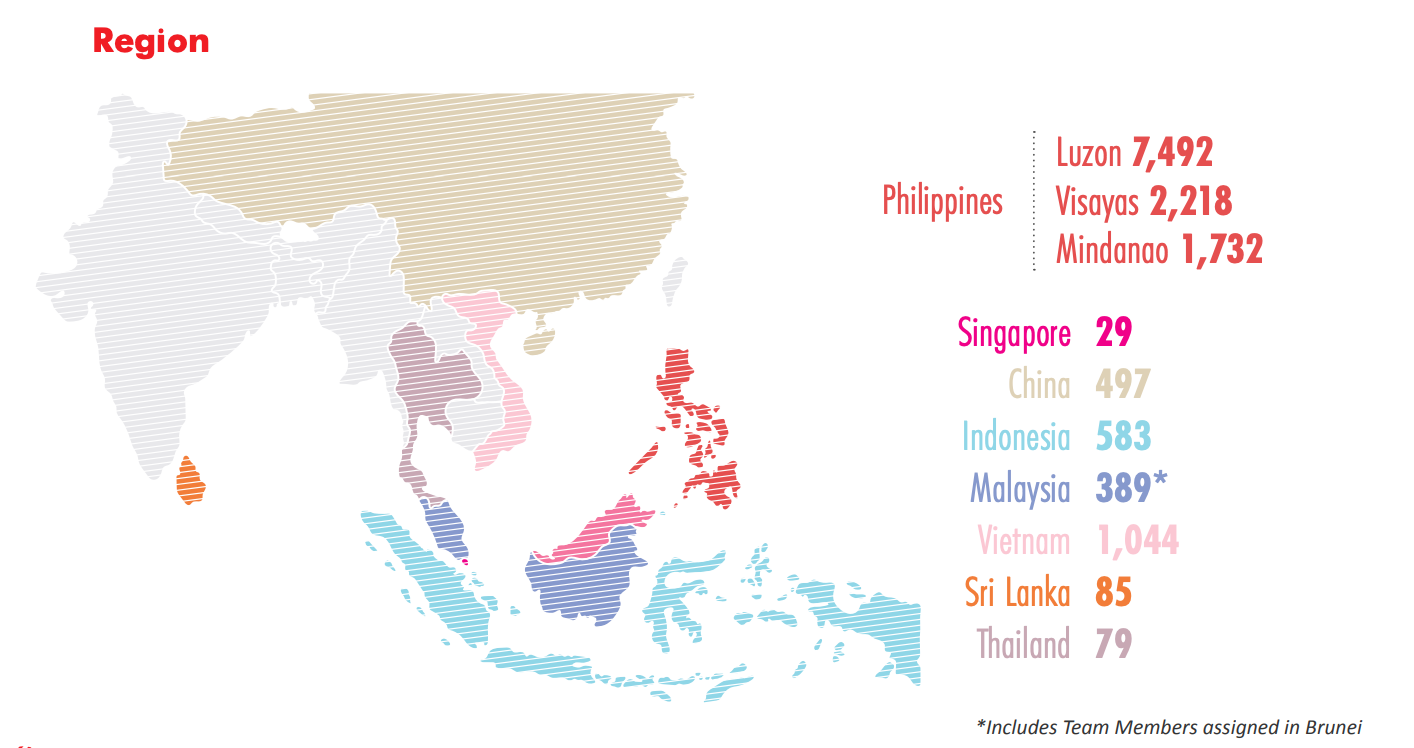
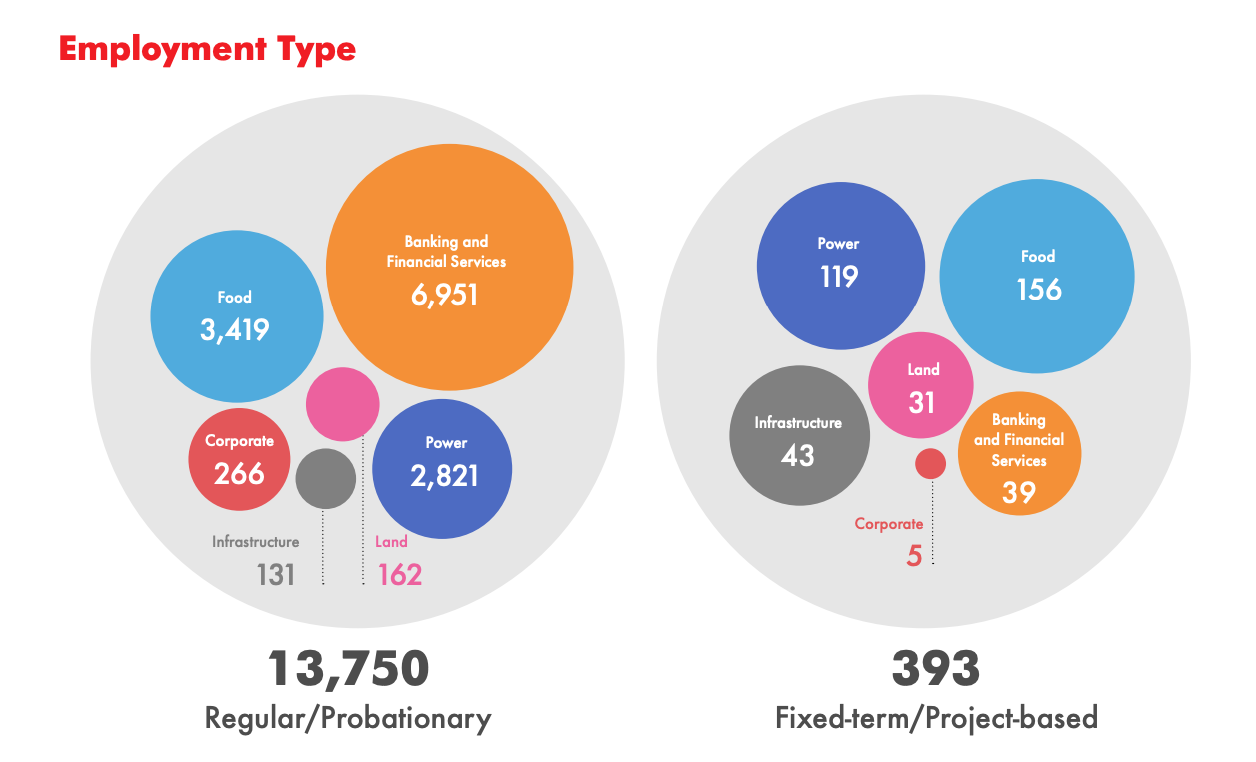
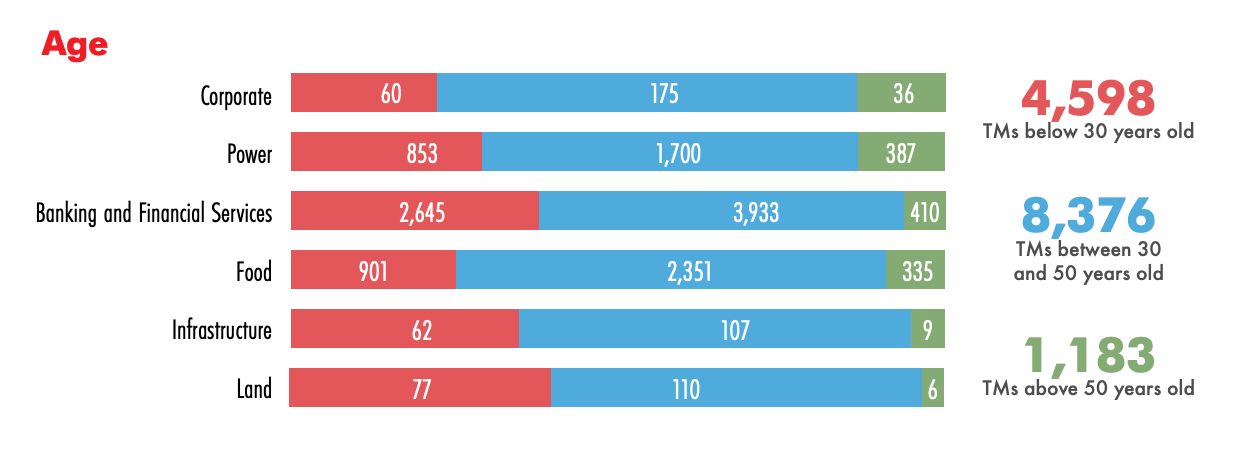
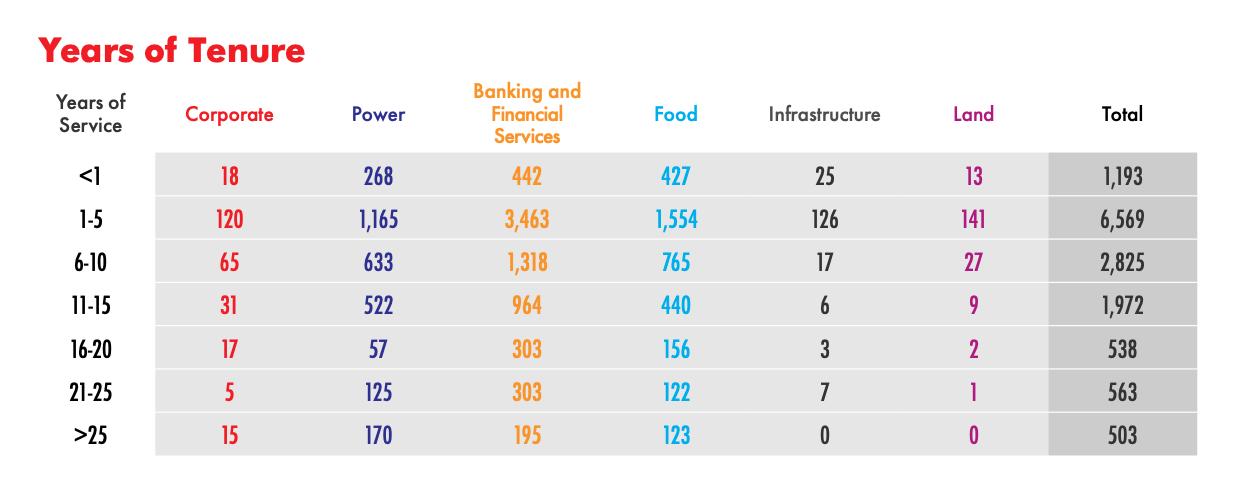
- Strategic Workforce Planning (SWP)
- Talent Assessments
- Strategic Workforce Planning (SWP)
- Talent Assessments
- Aboitiz Academy Core and Effectives
- Mentoring Partnerships Learning Platform / E-learning
- Competency Management
- Performance Management
- Project Me
- Succession Management
- Key Talent Reviews High Potential Identification and Development
- Leadership Development
- Engagement Programs
- Engagement Surveys
- Recognition Programs (DRAAE, Team Awards)
- Total Rewards Management
- Digitize and optimize end to end HR processes (MyTX)
- HR Capability Building
- HR Governance (talent risk, regulatory compliance, group policies and guidelines, ESG)
- Talent Analytics
- HR Shared Services
The Aboitiz Group believes in managing risks well in order to pursue growth. Strict standards and risk management systems are in place to ensure that our workplace and operations are safe, compliant with regulatory requirements, and considerate of the best interests of our team members’ wellbeing.
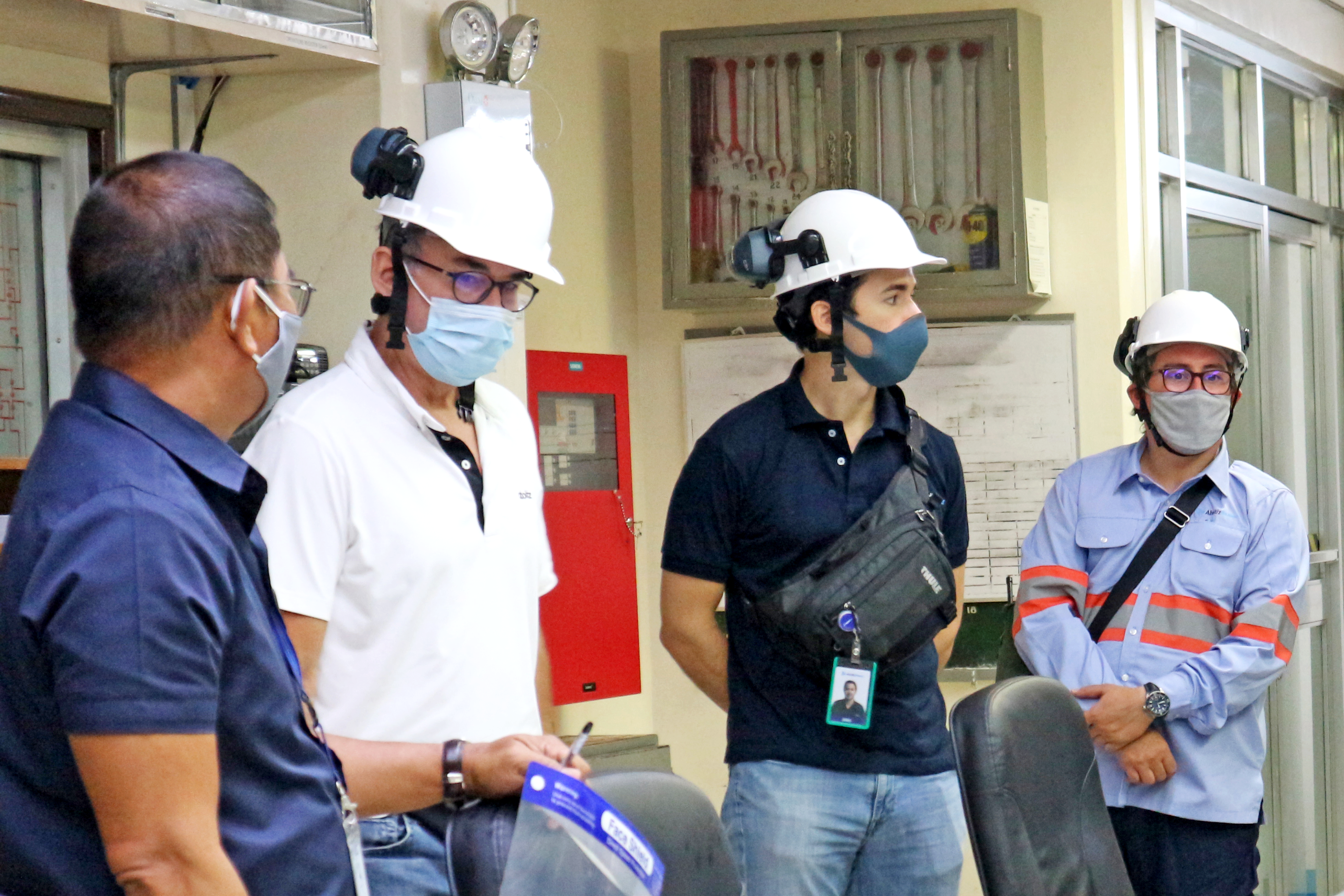
The data is collected from the parent company and the business subsidiaries including AboitizPower, Pilmico, UnionBank, AboitizLand, and Aboitiz InfraCapital.
Frequency Rate (LTIFR) FY 2020 The LTIFR is the number of lost-time injuries per million hours worked, calculated using the formula:
The Group is guided by applicable Occupational Health and Safety Standards set by the Department of Labor and Employment (DOLE). Part of our IMS is to recognize and identify health and safety risks, and implement policies and processes to mitigate and address these risks.
AEV and its subsidiaries’ occupational health and safety guidelines cover both organic and contracted employees working in our facilities. Contractors may have no employer-employee relationship but are, nonetheless, covered by the company’s “prevailing influence.”
“Prevailing Influence” is when contracted employees are required to adhere to safety rules and regulations laid down by the Company, or to use methods, processes, or other techniques provided by the Company.
Aboitiz follows a process of hazard aspect identification, risk assessment, and setting out of controls (HAIRADC process) through the different Safety and Health, Environment, and Security Teams in the Group. Results of these processes are evaluated and included in our Operational Risk Management Plans.
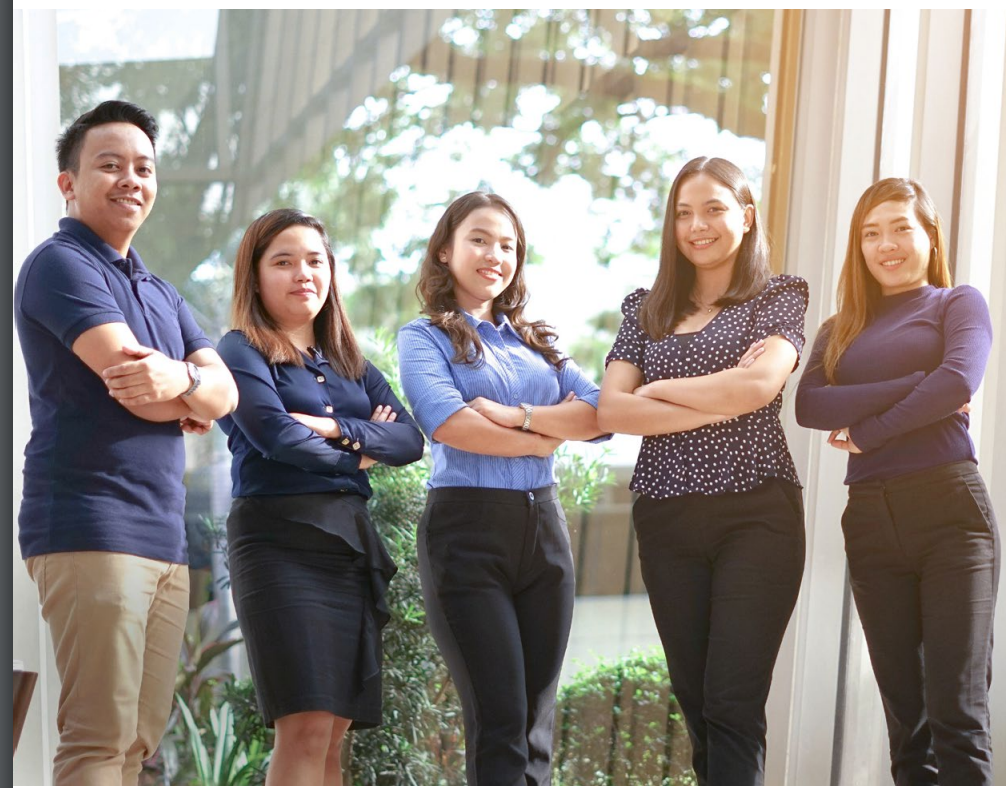
We committed to make the UN Global Compact and its principles part of the strategy, culture, and day-to-day operations of our company; and to engage in collaborative projects that advance the development goals of the United Nations, including its Sustainable Development Goals.
Principle 1 Business should support and respect the protection of internationally proclaimed human rights.
Principle 2 Business must make sure that they are not complicit in human rights abuses.
We uphold and respect the human rights of our team members, customers, suppliers, business partners, and communities by continuously conducting human rights assessments in the different value chain processes of the company.
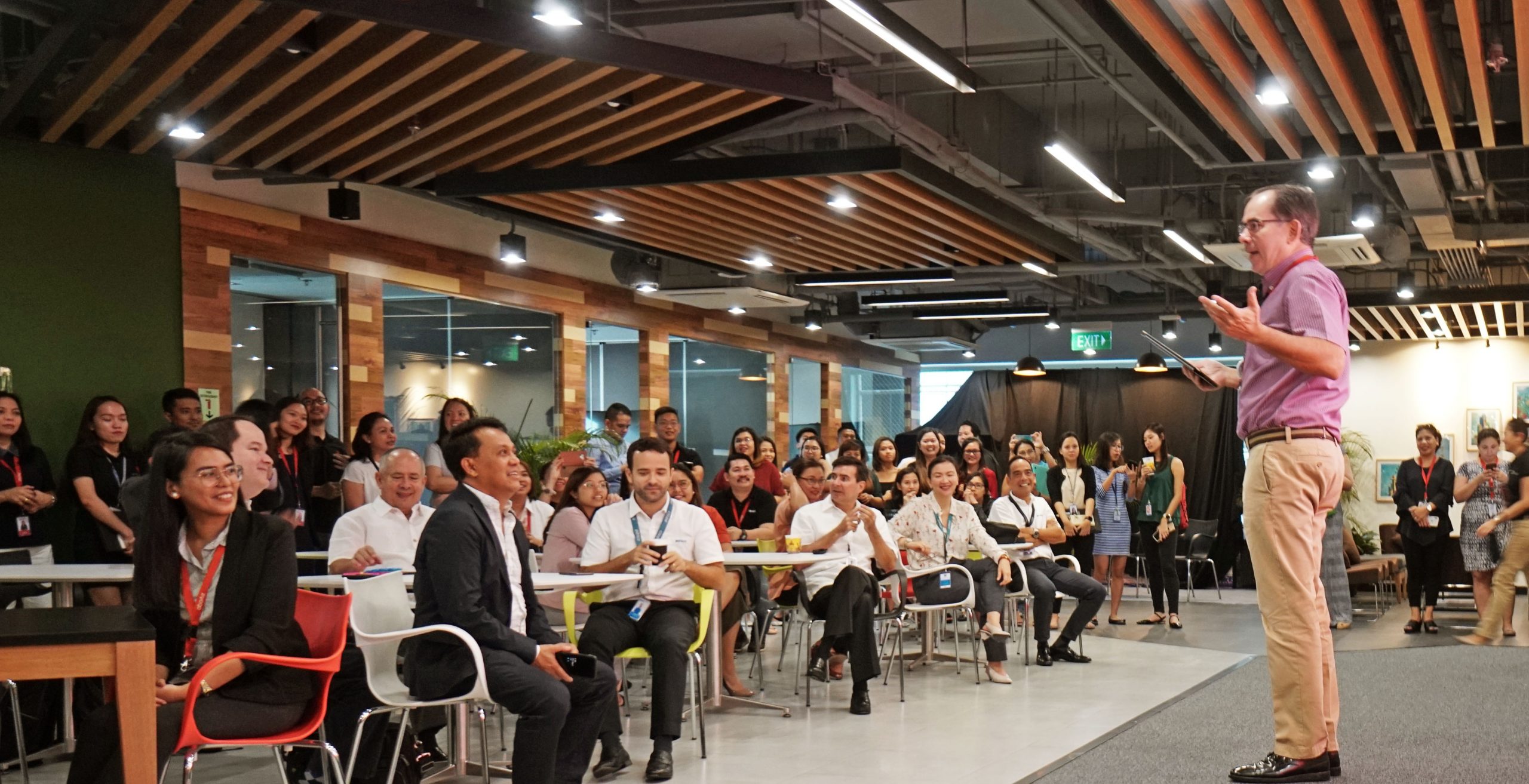
Guided by our value of integrity, we generate trust and sustain good relationships as we engage in meaningful value creation with our internal and external stakeholders, forging cooperation, partnerships, and common aspirations of a better future.
Our stakeholder engagement process keeps up with the times by maximizing the many communication avenues available today and sharing the best practices internally. Team members that work in customer and community-facing functions undergo training to fully embody the principles and processes of stakeholder relationship management (SRM) and communication.
and Description
and Description
Team members and Leaders
Partners in realizing the Group’s purpose and brand promise
- Events Campaigns
- Digital communications channels and employer branding portals
- Various learning, development, and mentorship opportunities
- Engagement surveys and initiatives
- Awards and Recognition programs
- Volunteer opportunities
- Wellness programs
Talent Management:
Attraction, retention, and optimization of A-people
- Events Campaigns
- Digital communications channels and employer branding portals
- Various learning, development, and mentorship opportunities
- Engagement surveys and initiatives
- Awards and Recognition programs
- Volunteer opportunities
- Wellness programs
Talent Management:
Attraction, retention, and optimization of A-people
and Description
Customers
Patrons of our products and services
- Various customer engagement initiatives
- Product campaigns, caravans, conventions, expos, and exhibits
- Customer Satisfaction surveys
Transparency of Products and Services, Client Information Security, Privacy Compliance with Regulatory Requirements
- Various customer engagement initiatives
- Product campaigns, caravans, conventions, expos, and exhibits
- Customer Satisfaction surveys
Transparency of Products and Services, Client Information Security, Privacy Compliance with Regulatory Requirements
and Description
Suppliers and Partners
Partners in the supply chain that provide us with vital services
- Bidding and orientation process
- Digital channels for procurement and supply
- Engagement activities and fellowship events
Sustainable Supply Chain
- Bidding and orientation process
- Digital channels for procurement and supply
- Engagement activities and fellowship events
Sustainable Supply Chain
and Description
Communities
Partners that share in our success
- CSR 2.0
- Training and capability building
- Expos and exhibits
- Outreach programs (livelihood and feeding programs)
- Partnerships and informal conversations
Corporate Social Responsibility and Disaster Resilience
- CSR 2.0
- Training and capability building
- Expos and exhibits
- Outreach programs (livelihood and feeding programs)
- Partnerships and informal conversations
Corporate Social Responsibility and Disaster Resilience

